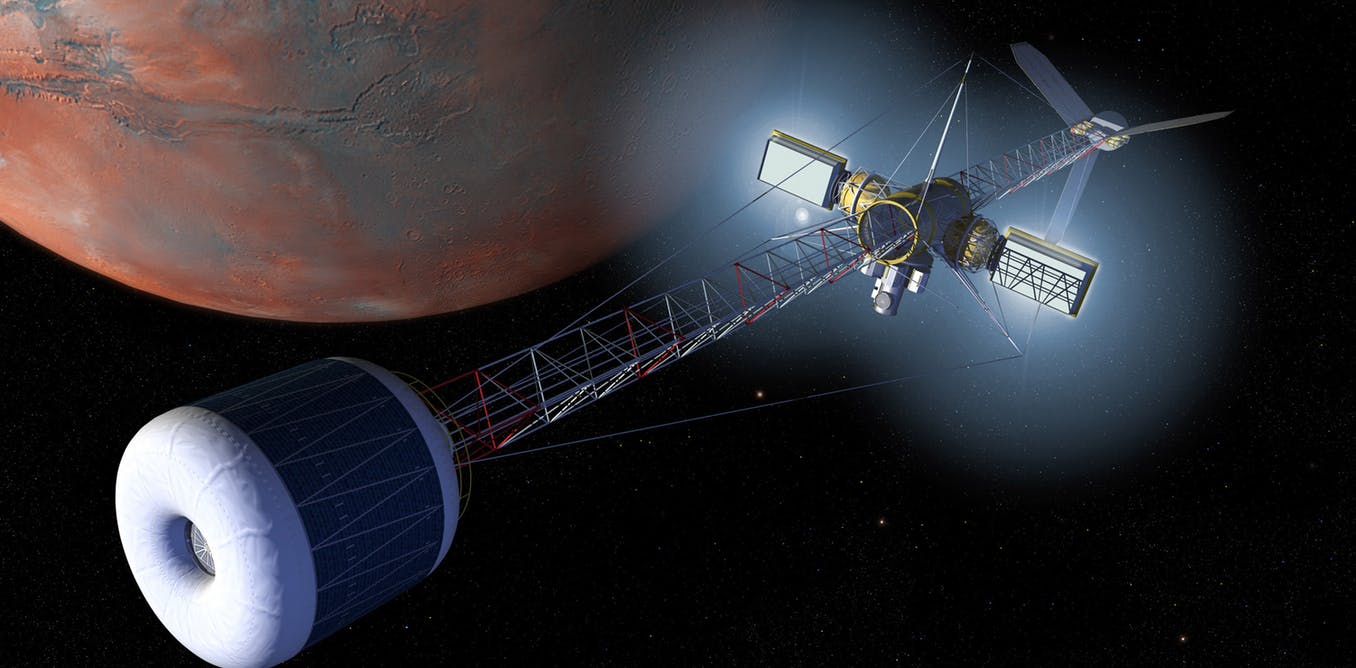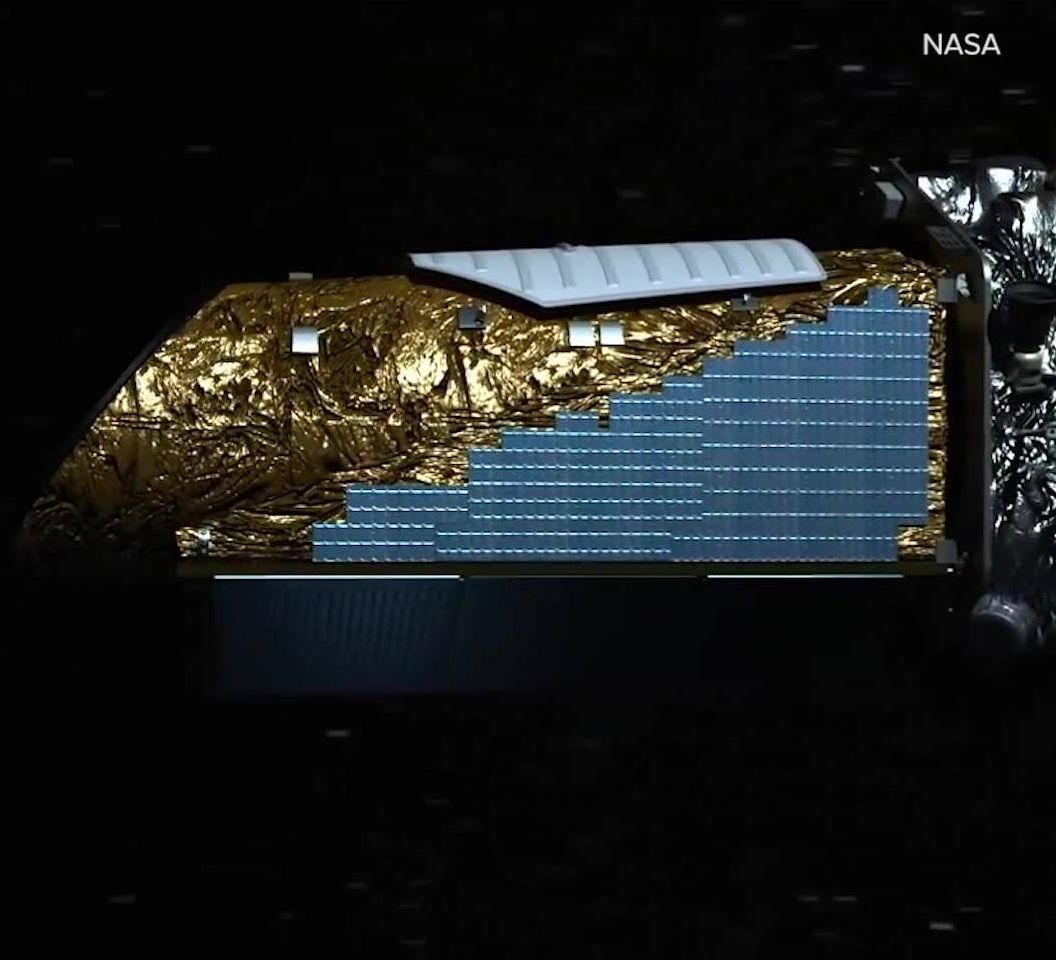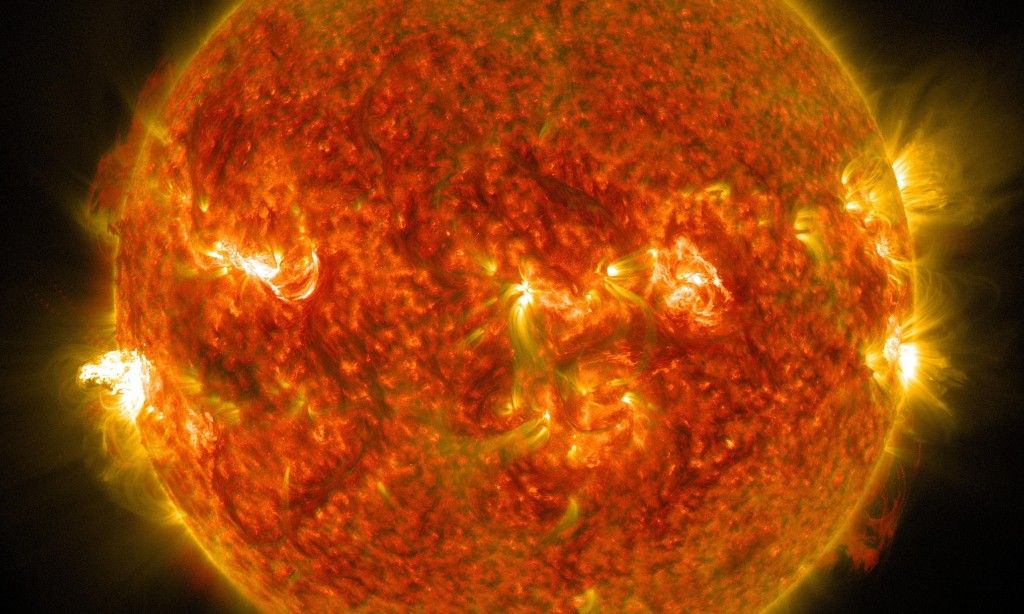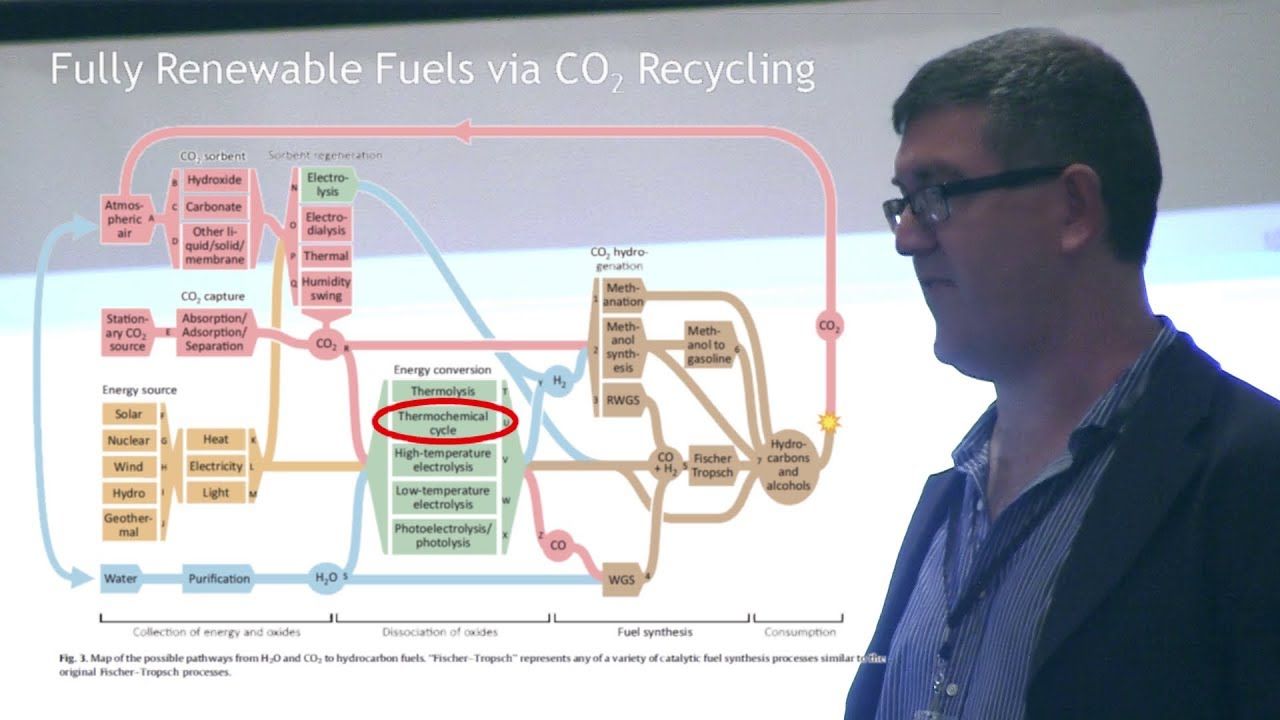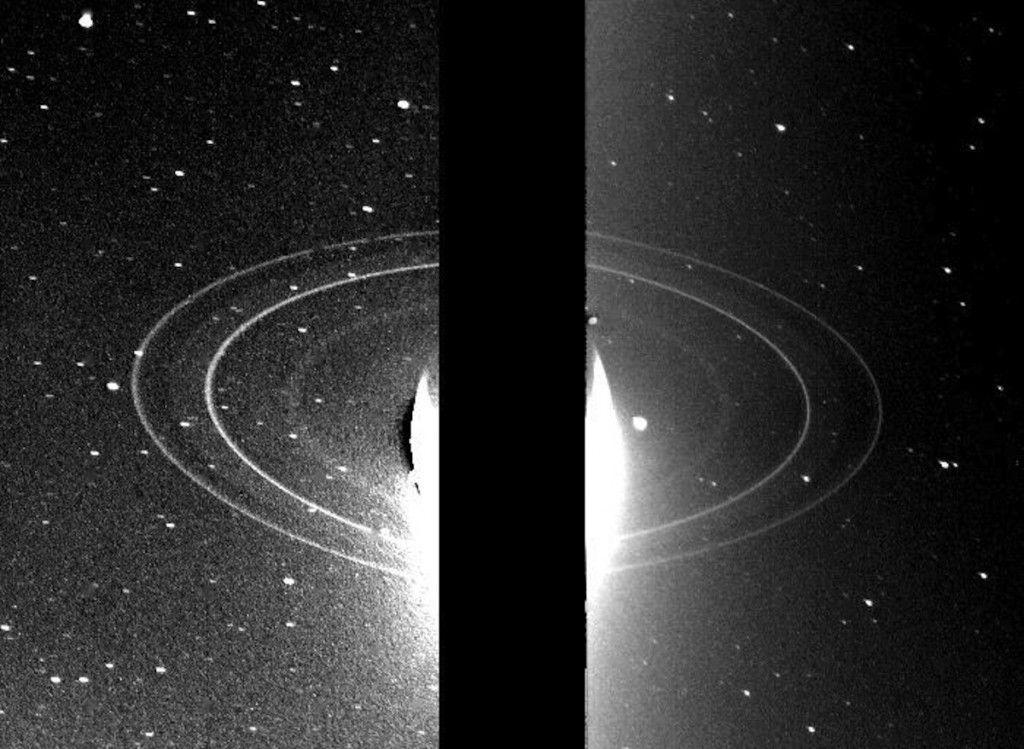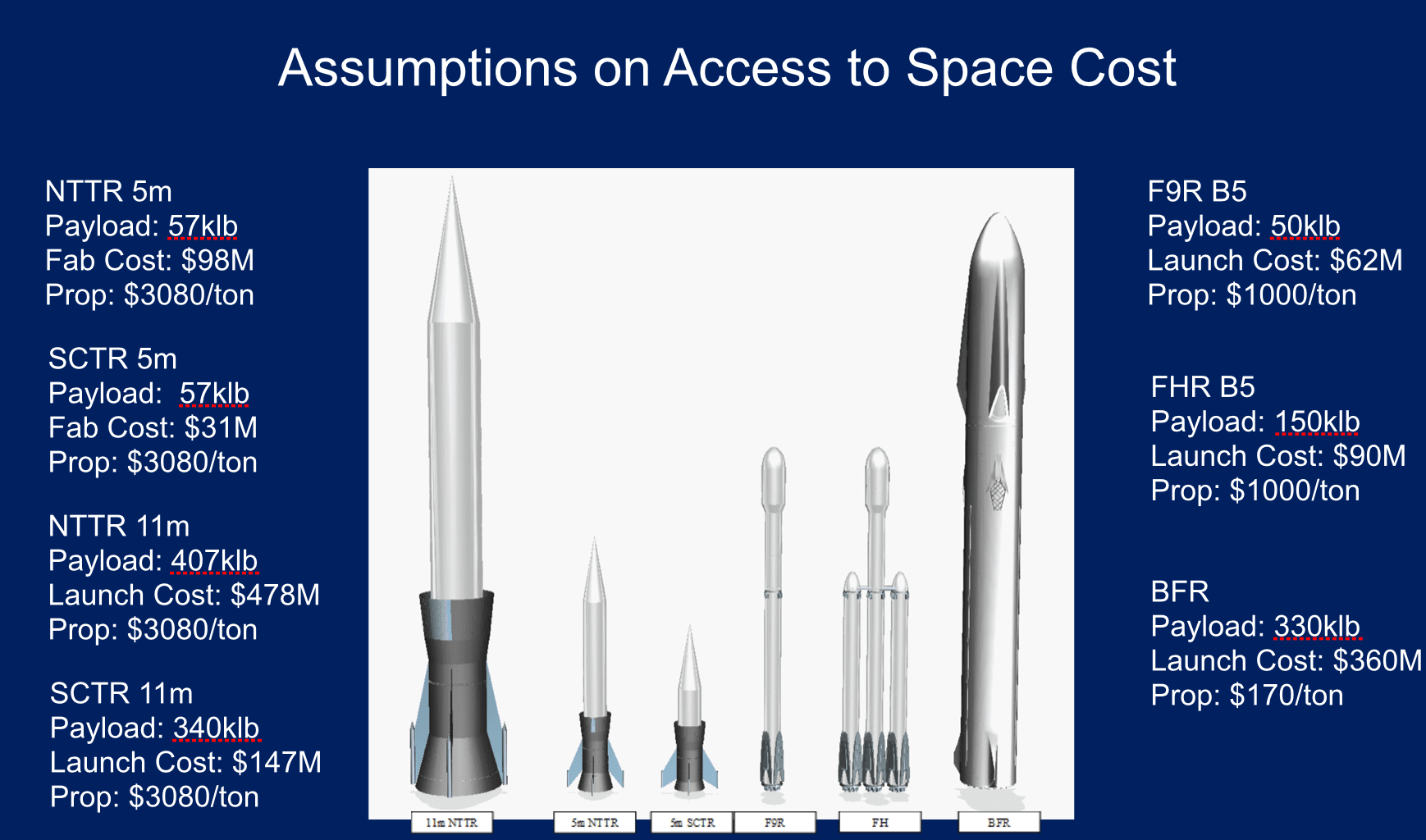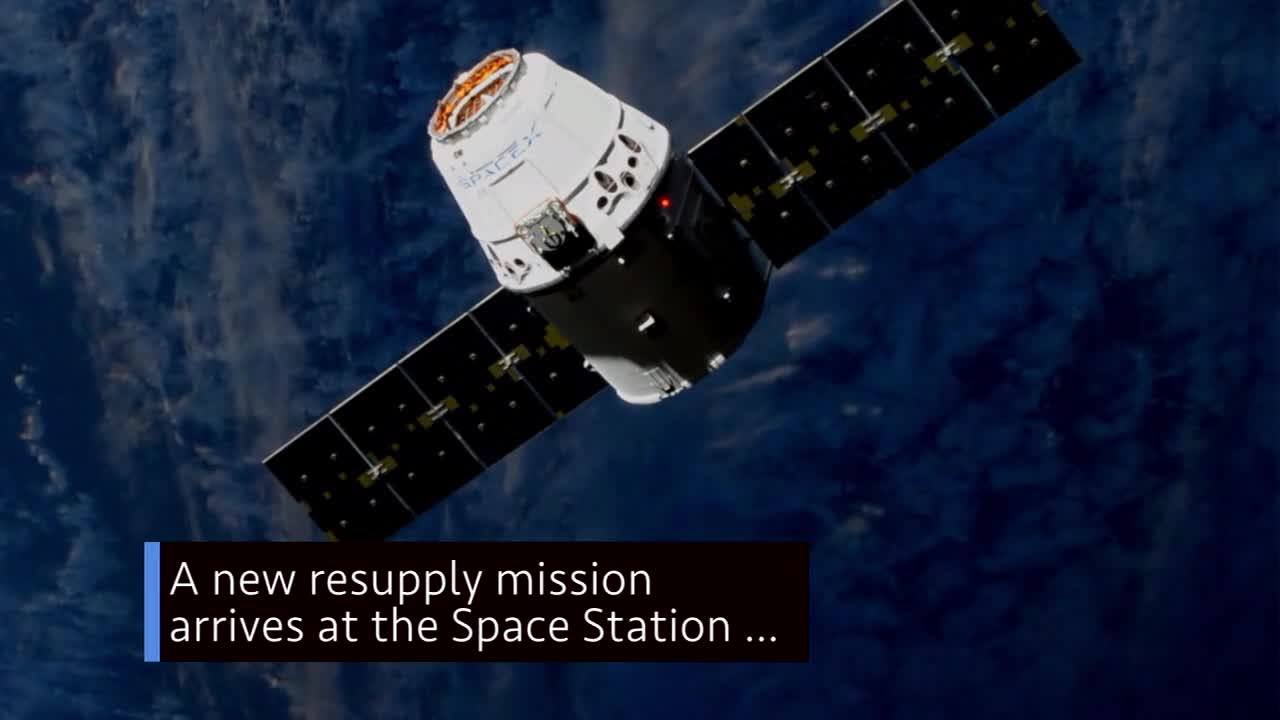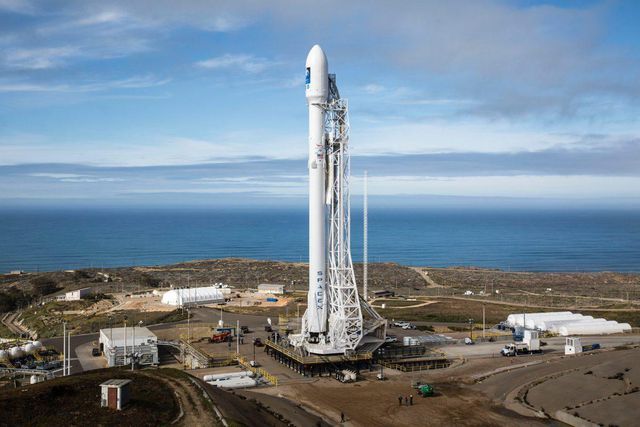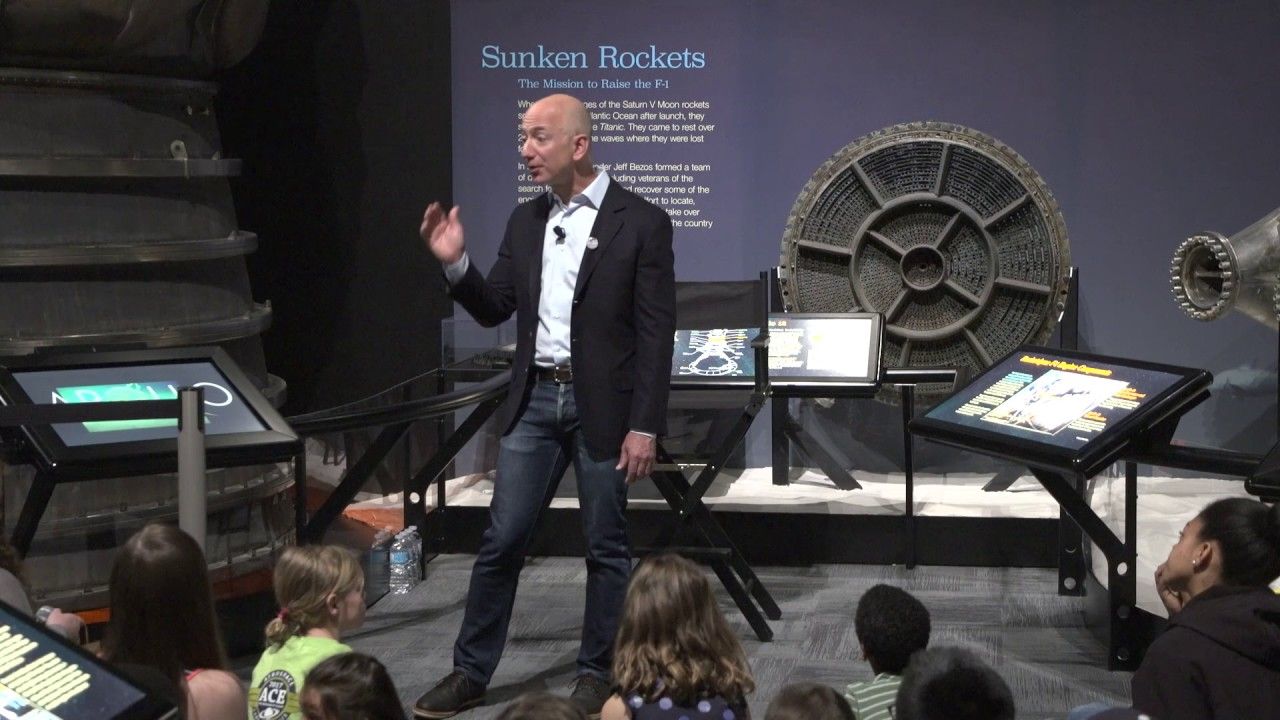Jul 13, 2018
Method of making oxygen from water in zero gravity raises hope for long-distance space travel
Posted by Genevieve Klien in categories: nanotechnology, space travel
In the new study, the researchers dropped the full experimental set up for photocatalysis down a 120m drop tower, creating an environment similar to microgravity. As objects accelerate towards Earth in free fall, the effect of gravity diminishes as forces exerted by gravity are cancelled out by equal and opposite forces due to the acceleration. This is opposite to the G forces experienced by astronauts and fighter pilots as they accelerate in their aircraft.
The researchers managed to show that it is indeed possible to split water in this environment. However, as water is split to create gas, bubbles form. Getting rid of bubbles from the catalyst material once formed is important – bubbles hinder the process of creating gas. On Earth, gravity makes the bubbles automatically float to the surface (the water near the surface is denser than the bubbles, which makes them buyonant) – freeing the space on the catalyst for the next bubble to be produced.
In zero gravity this is not possible and the bubble will remain on or near the catalyst. However, the scientists adjusted the shape of nanoscale features in the catalyst by creating pyramid-shaped zones where the bubble could easily disengage from the tip and float off into the medium.
